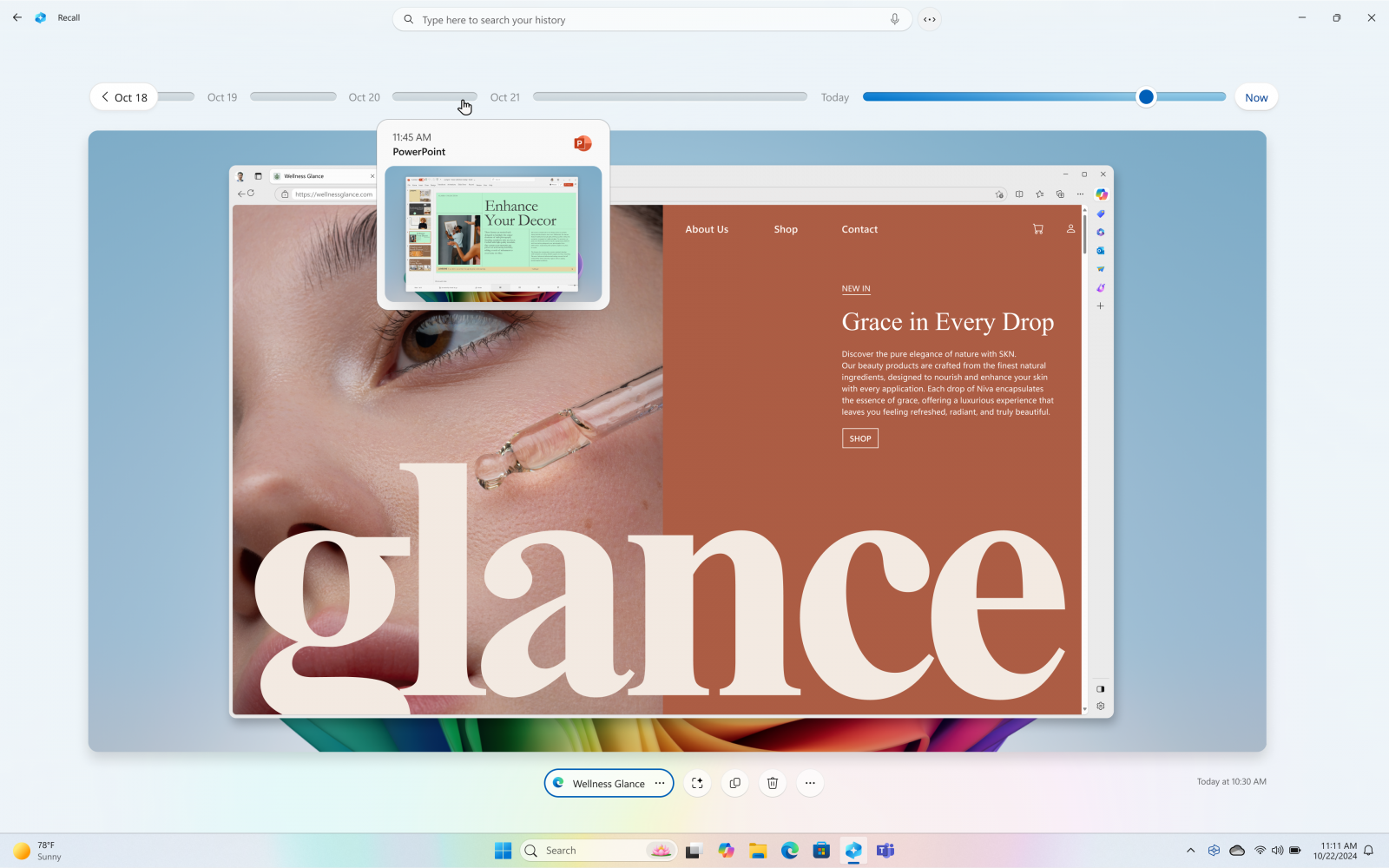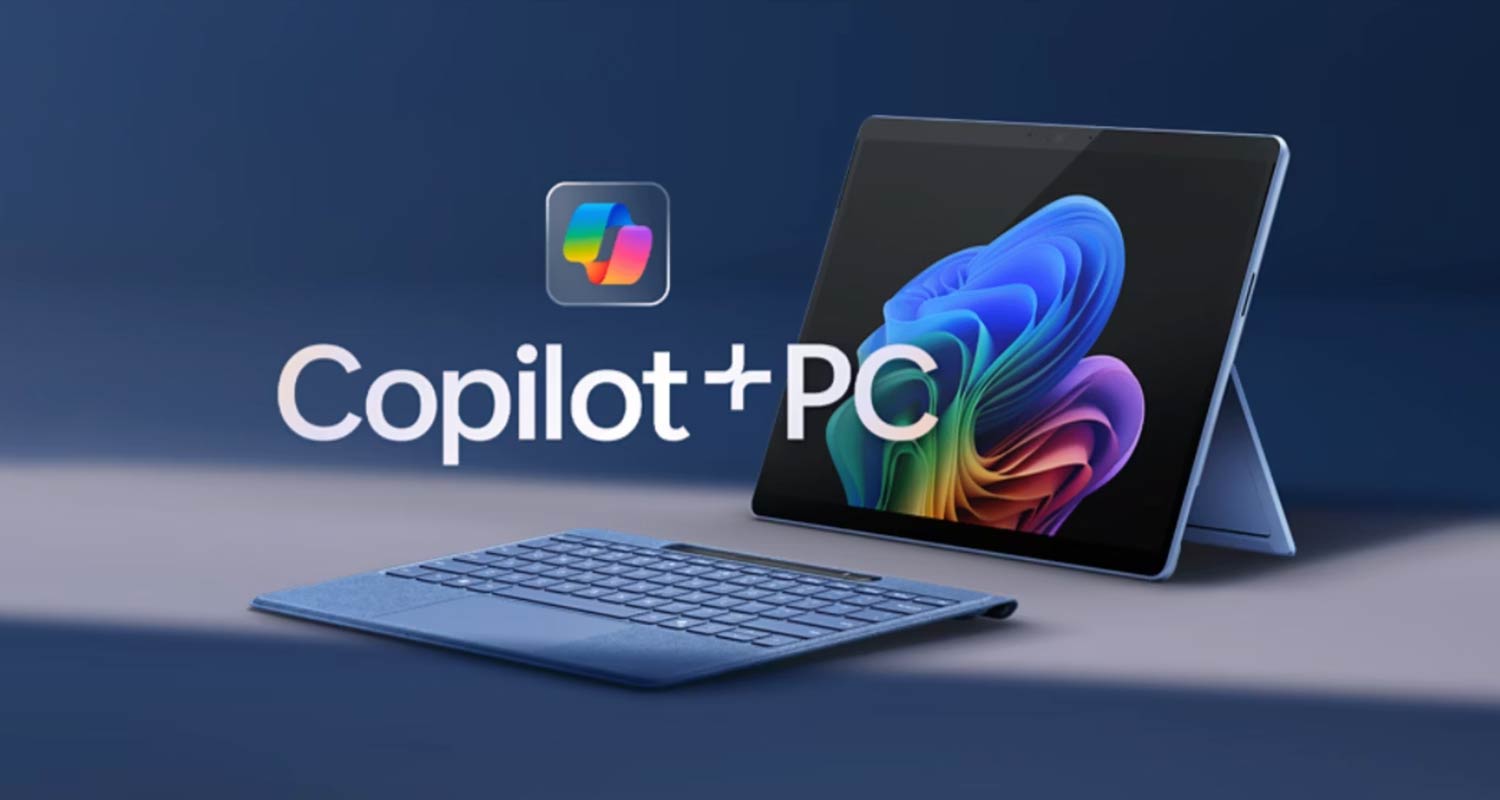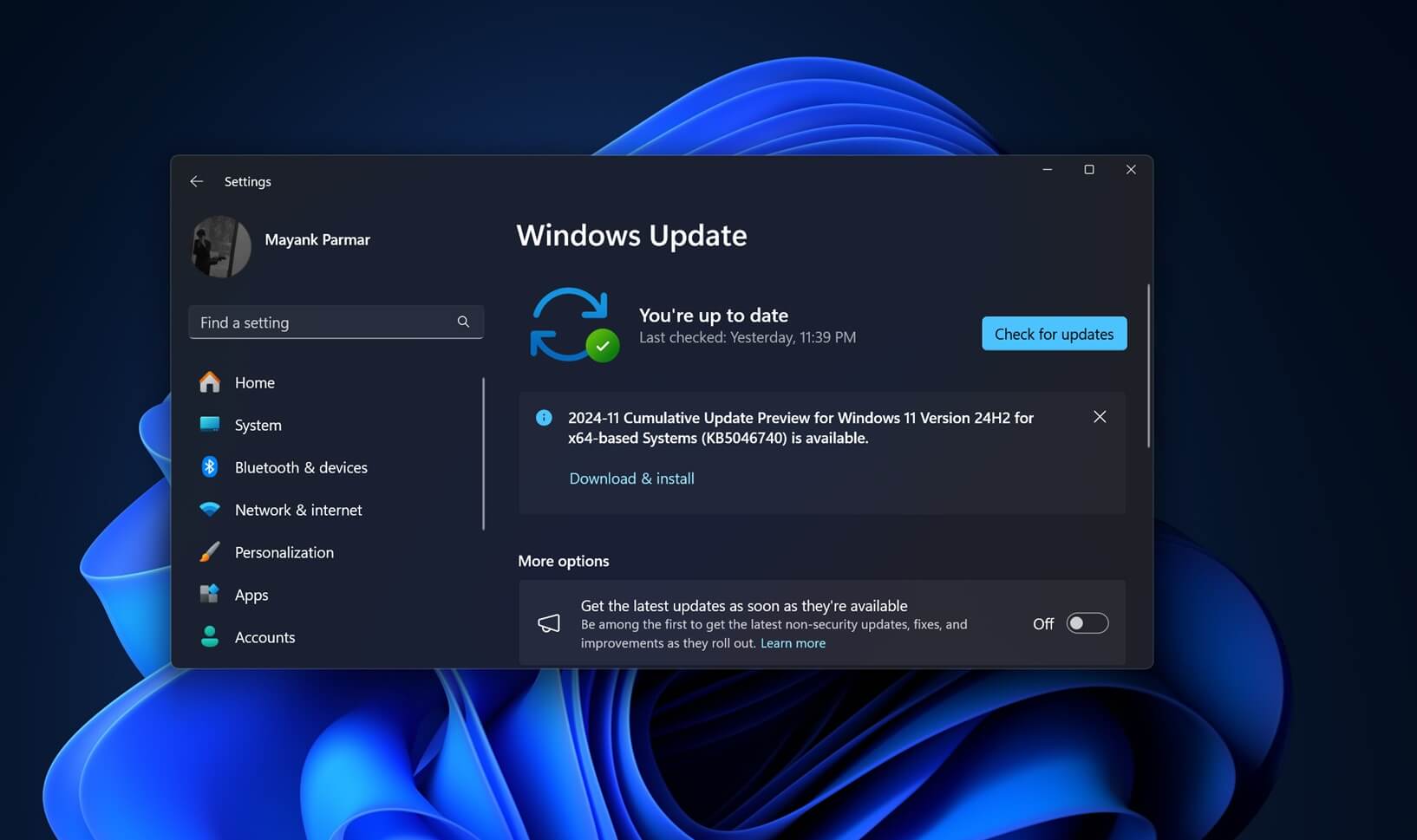In the ever-evolving world of software, beta testing is an essential process that helps iron out bugs before a product hits the mainstream. For Windows Insiders—enthusiasts eager to get their hands on new features—this process is often part of the thrill of using cutting-edge software. However, as Microsoft has recently discovered, some of these eager testers might be experiencing more frustration than fun. A recent issue has left some Windows users scratching their heads over an unexpected bug tied to the “Windows Recall” feature, a tool designed to let users track and revisit past activities on their desktops. In a bizarre twist, this bug stems from a premature update, raising questions about Microsoft’s quality control process.
Here's ads banner inside a post

The issue, which surfaced after the release of the non-security preview update KB5046740, has left many users unable to properly use Windows Recall. This update, released on November 21, 2024, was intended to be the final non-security preview update for the year. However, as is often the case with early software releases, bugs and unintended side effects have reared their ugly heads. For users who installed the patch and joined the Windows Insider Dev Channel afterward, Windows Recall stopped saving snapshots of their activities, rendering the feature useless.
What is Windows Recall?
Windows Recall is a feature introduced by Microsoft earlier this year with a lot of fanfare. The premise behind Recall is simple yet powerful: it takes snapshots of the user’s desktop and tracks their activities over time. This allows users to search through past activities, find the documents they were working on, or revisit websites they had opened. Using AI technology, Recall parses these snapshots to enable text-based search, making it easier to get back to what you were doing without having to manually hunt through your system.
Here's ads banner inside a post

When it was first unveiled, Windows Recall seemed like a groundbreaking tool—an innovation that could change the way people interact with their desktops. The demo impressed many, showcasing a future where navigating your digital life would be as easy as typing a few words into a search bar. But, as is often the case with experimental technologies, the reality didn’t quite live up to the expectations.
A Rocky Start for Recall
Almost immediately after the initial preview, Windows Recall was met with skepticism, especially concerning privacy and security. The concept of tracking users’ desktop activities, even with AI’s involvement, raised alarm bells for security experts. How secure would these snapshots be? Could sensitive data be exposed through the feature? Would Microsoft be able to guarantee that personal information wouldn’t be misused or leaked? These questions remained unanswered for many, and the feature was eventually pulled back by the company.
Here's ads banner inside a post

Despite these concerns, Microsoft pressed forward, rebranding Windows Recall and pushing it onto the market. At the same time, they began to promote Copilot+ PCs—high-end machines designed specifically to run this feature. The marketing campaign focused heavily on Recall’s potential, aiming to convince users that the feature was something they would find indispensable.
The Latest Problem: A Bug in the Preview Update
Fast forward to late November 2024, and Microsoft pushed out its final non-security preview update of the year, KB5046740. This update was meant to wrap up 2024’s development cycle, but instead, it ended up causing problems for some users. Specifically, those who installed the update, then joined the Windows Insider Dev Channel, encountered a major issue with Recall: the feature simply stopped working. Despite the excitement of exploring the latest build on the Dev Channel, users were left frustrated as they couldn’t use Recall to track their activities or perform searches.

In typical fashion, Microsoft quickly acknowledged the problem, but the solution was not straightforward. The company advised users to avoid installing this preview update before joining the Dev Channel, warning that the bug could render Recall dysfunctional. In some cases, users were told they might have to go as far as reinstalling Windows to fix the issue. As any seasoned Insider knows, this sort of instability is part and parcel of testing pre-release software, but that doesn’t make the situation any less aggravating for those affected.

The Impact of Premature Patches
This issue highlights a recurring theme in the world of software development—pushing out updates before they are fully ready for prime time. While beta testing is supposed to catch bugs before they affect the broader user base, some issues slip through the cracks, causing headaches for early adopters. The issue with Windows Recall also raises questions about the timing of updates and the process through which Microsoft decides which updates are ready to be tested by the public.

While it’s understandable that Microsoft wants to push forward with new features like Recall, this premature patch illustrates the dangers of releasing unfinished software to the masses. It also brings into question whether enough thought has been put into the stability and user experience of features before they are made available for public testing.
The Windows Insider Program: A Double-Edged Sword
The Windows Insider Program, which allows users to test pre-release versions of Windows and offer feedback, has long been a cornerstone of Microsoft’s development process. The program gives enthusiasts a chance to explore the latest features and help shape the future of Windows. However, as this latest issue with Windows Recall demonstrates, participating in the program can come with some risks.
The Dev Channel, in particular, is a testing ground for the most experimental and bleeding-edge features. It’s designed for users who are willing to encounter bugs and potential system instability in exchange for early access to new features. Yet, when something like the Recall bug occurs, it casts a shadow over the Insider experience, particularly for those who may not be as familiar with the potential pitfalls of running unstable software.

Microsoft has long maintained that Windows Insiders are expected to be prepared for the occasional bug and the possibility of a broken system. However, for many users, this can be a frustrating and time-consuming process, especially when the feature in question is one of the marquee additions to the Windows ecosystem.
The Future of Windows Recall: Will Microsoft Get It Right?
The controversy surrounding Windows Recall isn’t likely to fade anytime soon. As more users test the feature and continue to uncover issues—whether related to bugs, privacy concerns, or usability—Microsoft will need to do some serious work to smooth out the rough edges. For now, the company has promised to fix the issue with the November update in a future release. In the meantime, users who have been affected are left to either wait it out or attempt to reinstall their operating systems—a frustrating proposition for anyone simply trying to enjoy the new features of Windows.
Despite these setbacks, Microsoft remains committed to its vision of making Recall a feature that will change the way users interact with their computers. However, as the company pushes forward with these ambitious plans, it will need to ensure that the software is both stable and secure before unleashing it on a wider audience.
For now, Windows Insiders and enthusiasts alike will have to wait patiently to see whether the company can overcome these growing pains and deliver a polished, fully-functional version of Windows Recall. Only time will tell if this feature can live up to its promise—or if it will be remembered as just another ambitious idea that fell short of expectations.

In the world of software development, especially with cutting-edge features like Windows Recall, one thing is certain: sometimes, it’s better to wait for the bugs to be worked out before jumping in. And perhaps, for some users, that might mean holding off on joining the Dev Channel until Microsoft has ironed out these issues for good.

